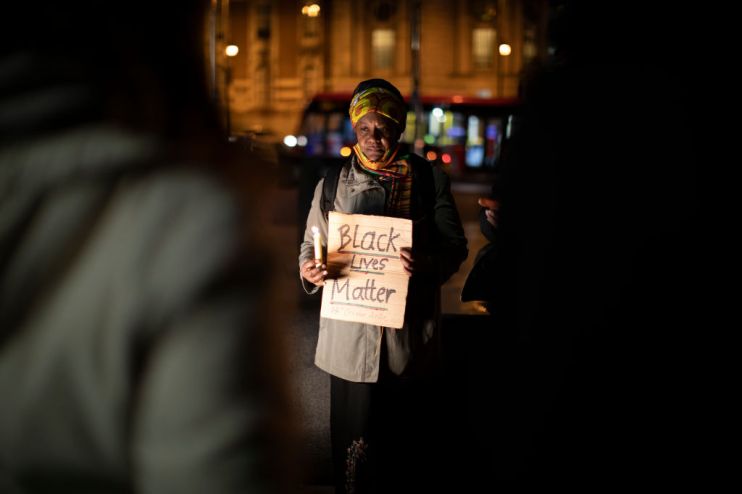We should have scrapped BAME long ago, it’s meaningless and formalises otherness

Scrap BAME as a term for minority communities, Boris Johnson will be told this week by the racial disparities commission.
You can see why it was an attractive proposition for ministers and corporates: it’s an umbrella, a catch-all term for people who are not white. It sidesteps trying to navigate racially charged language which could land you in hot water.
But grouping all minorities together as a monolith, or even treating one minority as a monolith, dehumanises its members, and leads to bad policy where we group disparate people together. What people in so-called BAME communities want is to be treated as individuals, not members of a tribal collective..
BAME is the latest in a long line of obscure terms concocted to help “you” talk about “us” – and sometimes to help us talk about ourselves. But rather than create vocabularies to cover up discomfort or sensitivity, we should deal with it head on, and embrace the complexities of millions of unique individuals in the process.
Ruling out BAME from the modern lexicon doesn’t mean inventing a new word instead. It’s time we put the effort into understanding the differences between the cultures and ethnicities that live in the UK – and the differences within those communities too.
Much of my work is within the Muslim community, but while Muslims may share religious beliefs, they are not one homogenous group. Grouping disparate people with completely different socio-economic circumstances and needs under one “community” means that often those most in need are missed out from poverty alleviation and social mobility programmes.
The life experience of a middle class Anglo-Saxon British convert to the religion in Norwich is completely different to a professional Gujurati-British Muslim in leafy Finchley, who is living a different life to a Kashmiri-Brit in a Bradford estate.
The term BAME means “Black, Asian and Minority Ethnic”, but it doesn’t mean all ethnic minorities. It doesn’t, for example, refer to Poles or Armenians, despite being ethnic minorities in Britain. What BAME really means is “brown and black people”. Hiding behind a politically-correct acronym doesn’t make it any less lazy or crude.
Progressive voices will say that there are issues that impact all BAME-ers, and the term does serve a useful purpose. But the phrase sends the dangerous message that the non-whites are somehow distinct from the rest of “us”. It formalises otherness.
It allows the successes of one type particular minority to be used to cover up the disadvantages piled on another: who can say there is racism in the UK, when the cabinet has Priti Patel and Alok Sharma, and when Rishi Sunak has the highest approval rating of any UK politician? They’re as BAME as any other BAME person, aren’t they?
It is those differences that show how useless the concept is. For example, Chinese and Indian pupils consistently outperform white Brits, whereas Black Caribbean students on average fall behind. Any policy aimed at helping ‘BAME’ students would fail at the first hurdle of understanding the reality on the ground.
This is why we should resist the temptation to simply kick the can down the road and introduce whatever catch-all phrase is now in fashion (POC, BIPOC, or whatever else). You can only improve the status quo if you can see it clearly in the first place – and that means treating people as individuals.